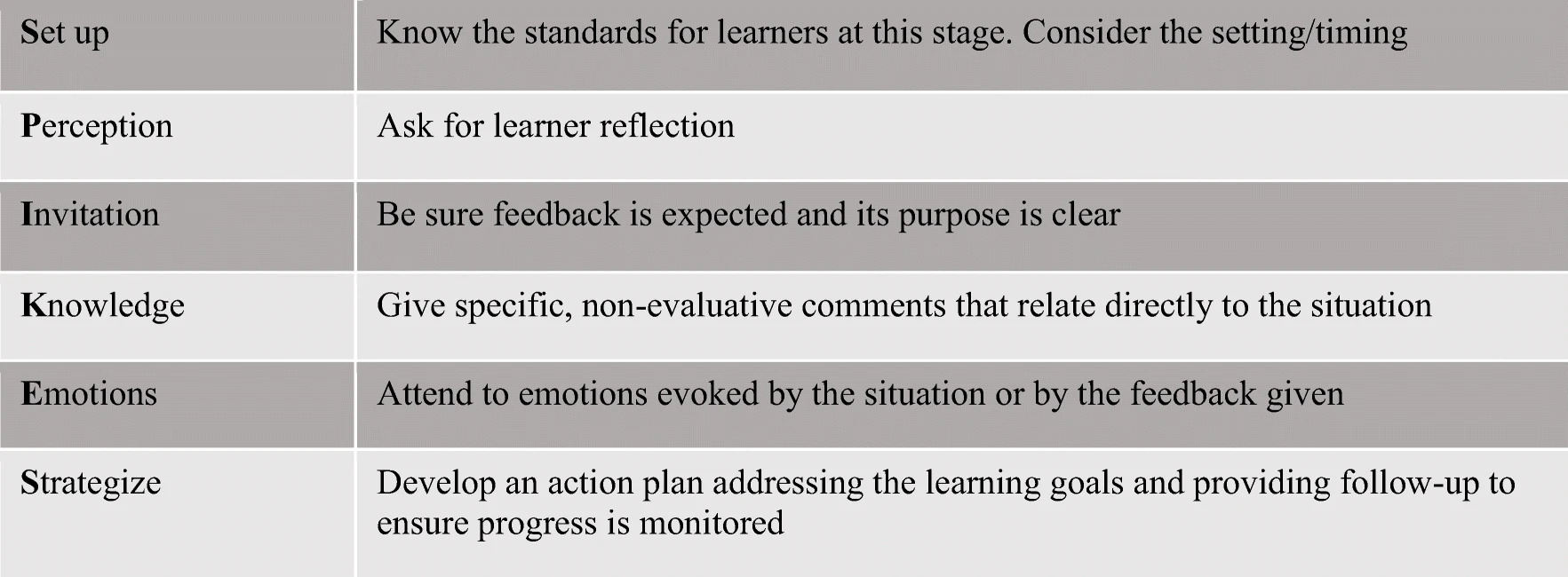
Communicating is essential in all aspects of life but even more critical when you face the challenging situation of delivering news to a patient’s family. Therefore, doctors must be trained to communicate effectively and emphatically with our patients’ families. Unfortunately, most emergency syllabuses do not include this vital aspect in their curricula. One of SAFET’s preliminary results shows that the communication between the emergency team and patients’ families is absent from many training programmes. This trend is statistically significant in all the countries participating in Safety.
There is evidence that simulation could be a helpful strategy to train communication skills to deliver bad news. Here, in Barcelona, we regularly conduct a simulation scenario targeting the acquisition and reinforcement of non-technical skills needed when breaking bad news to patients’ relatives. The scenario participants are anesthesiology trainees from the last two years of the residence programme. A briefing precedes the scenario. Then the participants are exposed to three different situations in which they have to break the bad news to a patient’s family. We immediately perform a debriefing after each scenario. The primary learning points during the debriefing are active listening, emotion recognition, and the practice of protocols such as SPIKES (Setting, Perception, Invitation, Knowledge, Empathy, Strategy and summary).

At SAFETY, we recognize the importance of simulation to train technical and non-technical skills to improve patients’ Safety in real life. We also believe that the potential role of simulation does not end at the door of the emergency room. Simulation should also impact those waiting for information, empathy and sometimes silence outside the emergency room. In this context, the SAFETY project emerges as a comprehensive approach to education in the emergency field.
- Dale T, Lowe N, Dale J. The use of simulation in Medical Student education on the tòpic of breaking bad news. A systematic review. Patient Educ Couns. 2021; 104:2670-2681.
- Karam V, Barakat H, Aouad M, et al. Effect of a simulation-based workshop on breaking bad news for anesthesiology residents: an intervention study. BMC Anesthesiol. 2017; 17:77.



